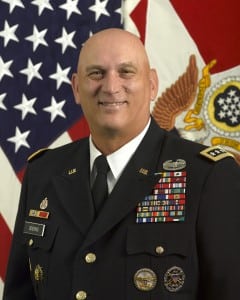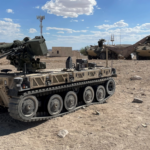
As part of National Security Policy, the Army is stepping up work in the Asia Pacific region, building partnerships and promoting stability, the Chief of Staff said in a Thursday roundtable. “The wave of the future is going to be multi-national exercises and training,” Gen. Raymond Odierno said during a roundtable discussion from Yongsan Garrison, Korea, live cast on the Pentagon Channel. “We want to shape the region to maintain economic vitality” important to the United States. The Asia-Pacific area…












